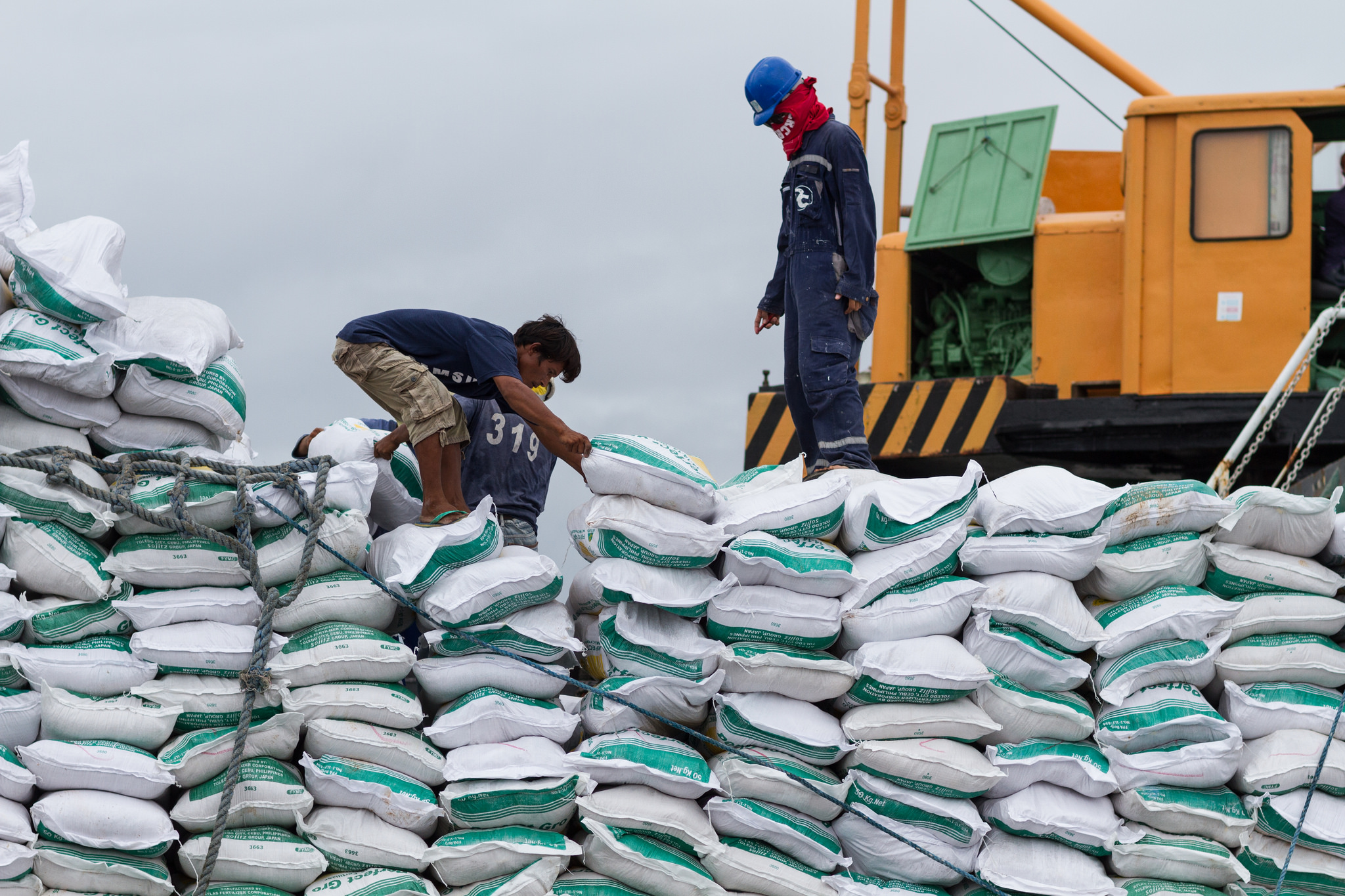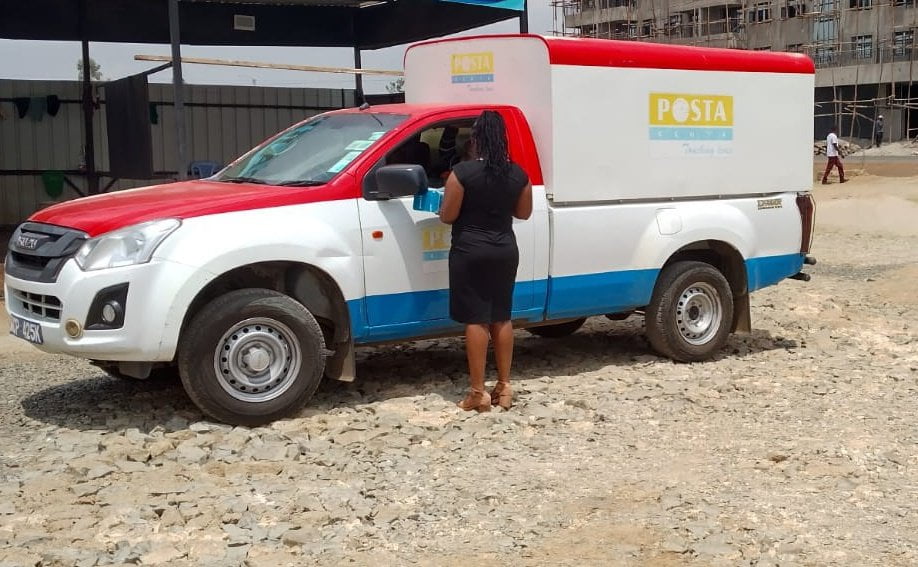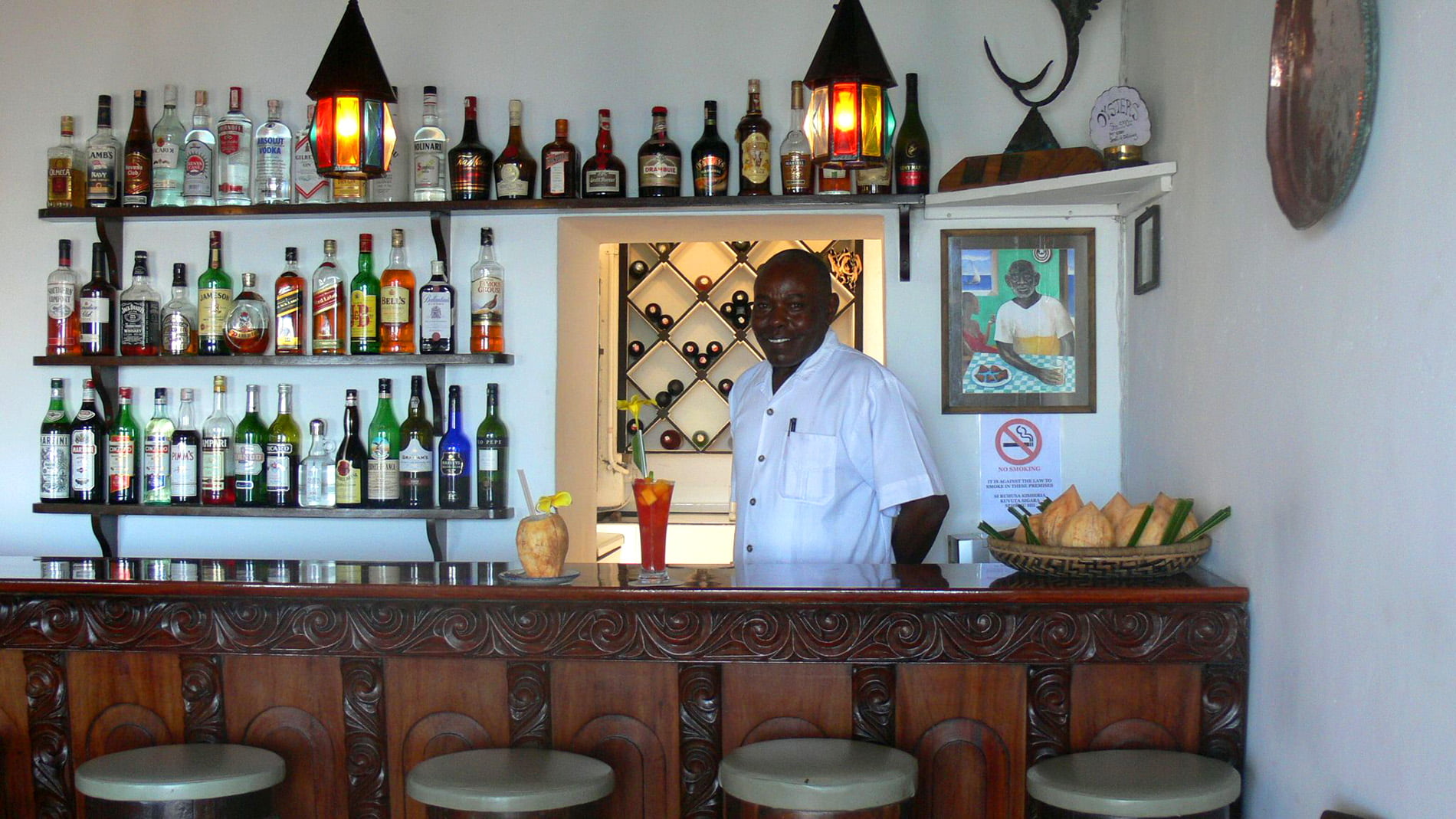Police at the Lunga Lunga One Stop Border Post in Kwale pulled off a dramatic bust, intercepting a lorry packed with smuggled Brazilian sugar hidden under piles of fresh oranges.
The Saturday night operation, led by the National Police Service and a multi-agency enforcement team, exposed 144 bags of sugar weighing 50 kilograms each, believed to have entered the region illegally from a neighbouring country.
The driver, identified as Musakawa Hamadi, was arrested on the spot. This latest interception throws a spotlight on the growing black market for foreign sugar that threatens Kenya’s economy and public health.

Authorities Catch Smuggled Brazilian Sugar in Lorry Disguised with Oranges
Smugglers tried to outsmart Kenya’s border security, but they failed. On the night of May 31, 2025, a joint security team stopped an Isuzu lorry at the Lunga Lunga One Stop Border Post in Kwale County. The truck, registration number T199 BHP, was loaded with oranges on top—but underneath, authorities discovered 144 bags of smuggled Brazilian sugar.
The sugar, packed in 50-kilogram bags, was carefully concealed in a deliberate attempt to beat customs checks and sneak it into the Kenyan market.
Police arrested the driver and immediately impounded the lorry. The consignment was taken to a Kenya Revenue Authority (KRA) facility for safekeeping and further investigations.
“This is a serious breach of our customs laws,” said one officer involved in the sting. “These smugglers want to dodge taxes, harm our economy, and put consumers at risk.”
Smuggled Brazilian Sugar Fuels Black Market and Economic Harm
Kenya has battled sugar smuggling for years. This case at Kwale is not isolated—it is just the latest in a dangerous trend.
In April, detectives from the Directorate of Criminal Investigations (DCI) arrested a key suspect in a high-profile sugar scam. The suspect and his associates allegedly scammed four businessmen out of Ksh100 million by promising 15,000 bags of Brazilian sugar that never arrived.
The fraud ran from May to October 2023 and involved five separate bank accounts. Authorities believe this syndicate had deep roots in the smuggling underworld.
In another high-profile case from 2018, the government forced Darasa Limited to ship back 40,000 tonnes of sugar imported from Brazil after quality checks by the Kenya Bureau of Standards (KEBS) failed.
These repeated incidents show a clear pattern. Criminals are using Brazil as a primary source of smuggled sugar. Their goal? Quick profits through tax evasion and illegal trade. But the cost to Kenyans is far greater.

Multi-Agency Crackdown Intensifies to End Sugar Smuggling
The Kwale bust highlights a growing collaboration between Kenyan agencies to curb illegal imports. Officers from the National Police Service, Kenya Revenue Authority, and other enforcement arms are stepping up patrols and intelligence sharing.
The goal is simple—stop the illegal sugar trade at the source, and punish those behind it.
Authorities say the sugar smugglers often work in large networks. They use bribes, fake documents, and clever tricks like hiding sugar under food items. In this latest case, oranges were used to disguise the true nature of the cargo.
But law enforcement is catching on. “The use of fresh produce to mask illegal goods is becoming common,” said one officer. “We’re now checking even perishable cargo more thoroughly.”
The police also issued a strong warning to the public. Anyone found handling or distributing contraband sugar risks arrest and prosecution. Consumers are urged to buy only licensed, inspected sugar to protect their health and support legitimate businesses.











































